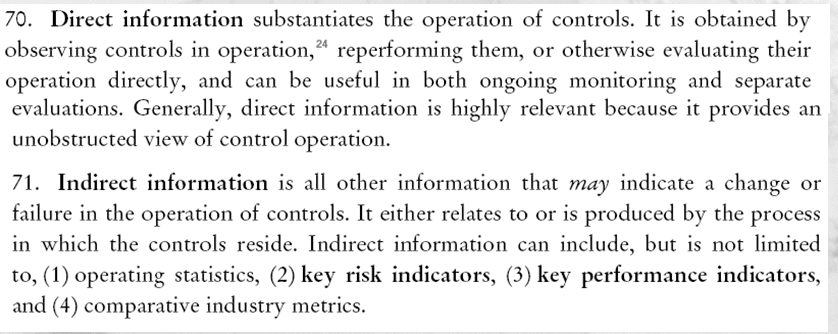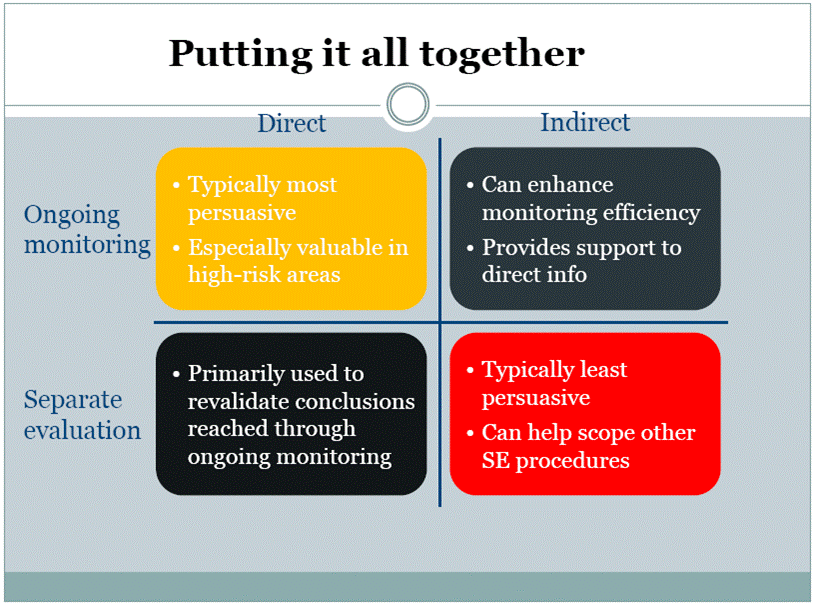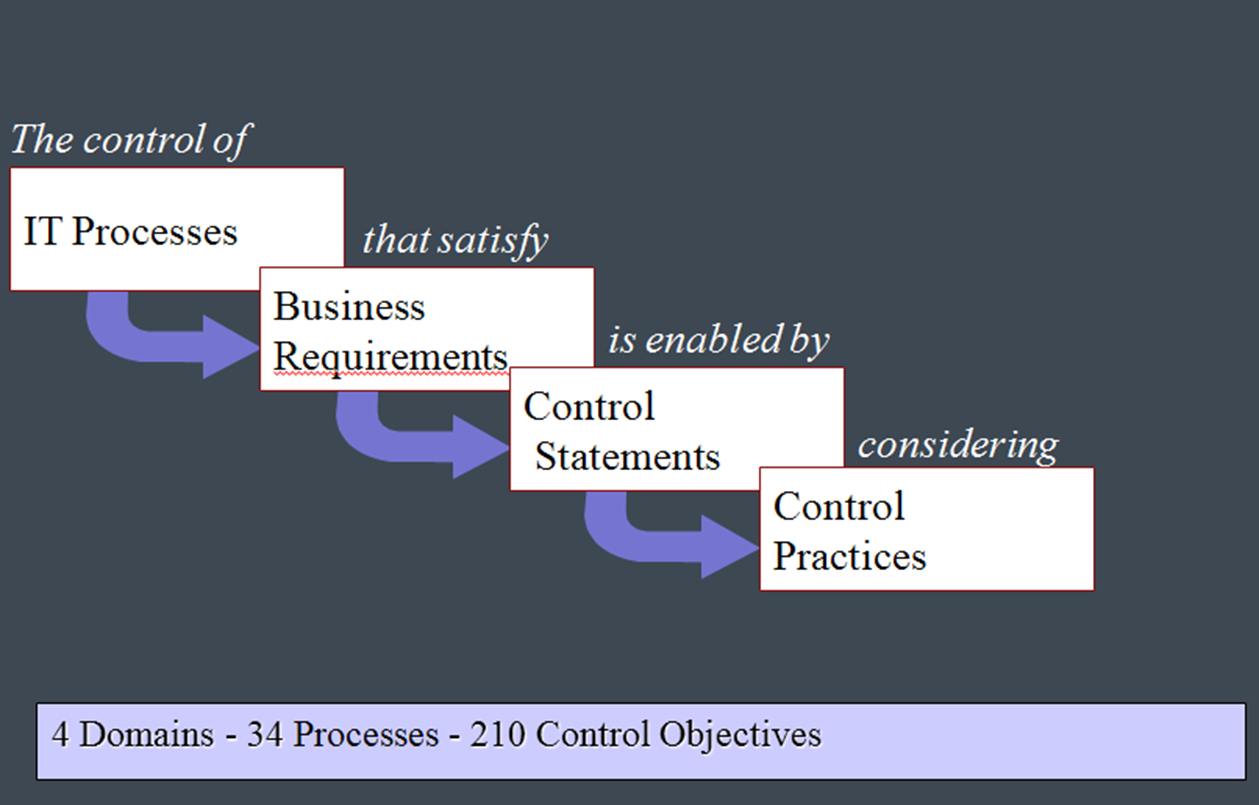Cards In This Set
| Front | Back |
|
What does CAVR stand for?
|
 Completeness All transactions that occur are entered and accepted for processing once and only once. Accuracy Transactions are recorded at the correct amount in the appropriate account and proper period. Validity Only authorized transactions that actually occurred and that relates to the organization are recorded. Restricted Access Data is protected against unauthorized amendments and access to confidential data and physical assets is appropriately restricted to authorized personnel. |
|
Business
process
|
Any sequence of transactions that takes
place in order to get work done and achieve the business' objectives
|
|
Sub-process
|
A
group of transactions for which specific accounting procedures and controls are
established by an entity’s management.
|
|
Transaction
|
In
the context of a sub-process, a manual or automated event that changes the data
held or its state, either by adding or changing information held, or by
applying a control or judgment over the data.
|
|
How do CAVR assertions relate to MGMT assertions?
|
Information
Processing Objective
Financial
Statement Assertion
Completeness
Completeness,
Existence/Occurrence
Accuracy
Valuation/Allocation
Validity
Existence/Occurrence,
Rights & Obligations
Restricted
Access
Most,
except for Rights & Obligations
|
|
What is a walkthrough?
|
A walkthrough is the process of tracing a single transaction through a process from beginning to end.
Includes:Inquiry ObservationExaminationReperformance |
|
What evidence does a walkthrough provide?
|
Includes:Inquiry ObservationExaminationReperformance
–The process flow, including major inputs, outputs and the way transactions are initiated, authorized, recorded, processed and reported; –The design of controls –The completeness of the sub-process, by determining whether all points in the process have been identified where material misstatements related to each relevant financial statement assertion could occur; –Possible types of transactions; –Impact of related party transactions, if any; and –The impact of use of service organizations, if any. |
|
What types of questions are used in interviewing?
|
Open endedClosed endedHypothetical
|
|
What are some question avoidance tactics?
|
Attacking Diverting (change subject)Declining to answerGiving equivocal answers (dance around)
|
|
How is monitoring carried out?
|
 See picture |
|
What is Direct Information vs Indirect Information?
|
 See Picture |
|
What are the most powerful forms of information for monitoring?
|
 See picture |
|
What is Change Management?
|
Change management is a structured approach to transitioning individuals, teams, and organizations from a current state to a desired future state. It is an organizational process aimed at empowering employees to accept and embrace changes in their current business environment.
|
|
What are the components of COBIT
|
 See picture. |
|
How does COBIT work?
|
 See image |



